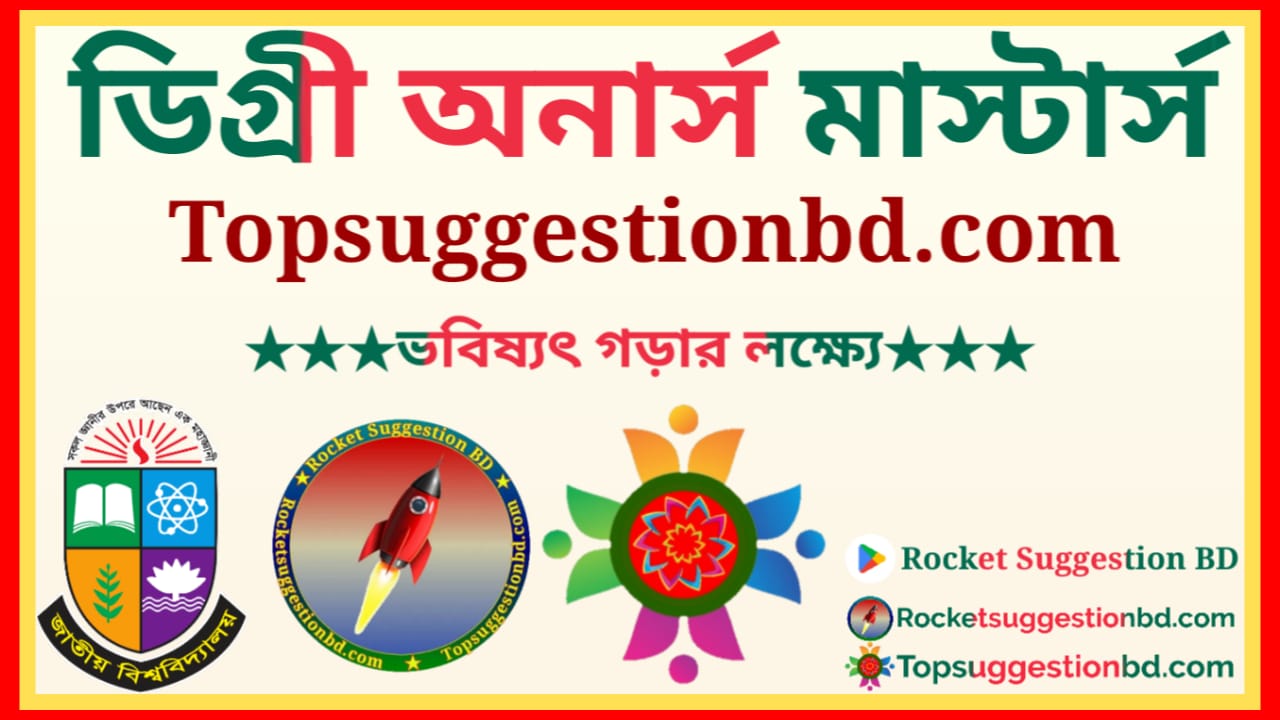
A literature review serves several important purposes in academic and research contexts. Here are some of the key objectives:
- Understanding Existing Knowledge:
- Identify and comprehend the current state of knowledge on a particular topic or research question.
- Gain insights into the key theories, concepts, and findings relevant to the research area.
- Contextualizing Research:
- Provide a context for the research by placing it within the broader body of literature.
- Highlight gaps, controversies, or inconsistencies in existing research, which can justify the need for new studies.
- Methodological Guidance:
- Explore and evaluate the methodologies employed in previous research to inform the design of the current study.
- Identify potential challenges and pitfalls based on the experiences of others.
- Establishing Rationale:
- Justify the importance and relevance of the research by demonstrating how it contributes to or builds upon existing knowledge.
- Explain how the research addresses gaps or limitations in previous studies.
- Building a Conceptual Framework:
- Develop a conceptual framework by organizing and synthesizing key theories, models, and concepts from the literature.
- Show how these components relate to each other and contribute to the understanding of the research problem.
- Citation of Sources:
- Properly attribute ideas, theories, and findings to the original authors through citation.
- Demonstrate the researcher’s familiarity with and respect for the work of others in the field.
- Preventing Redundancy:
- Avoid duplicating research efforts by understanding what has already been done and what questions remain unanswered.
- Contribute to the efficient use of resources by building upon existing knowledge rather than replicating studies.
- Critical Analysis:
- Assess the strengths and weaknesses of existing research.
- Identify potential biases, limitations, or methodological issues in previous studies.
- Demonstrating Scholarly Competence:
- Showcase the researcher’s expertise in the field by demonstrating a thorough understanding of relevant literature.
- Establish credibility by engaging with and critically evaluating scholarly work.
- Stimulating Ideas:
- Inspire new ideas and perspectives by exposing the researcher to diverse viewpoints and approaches.
- Encourage creativity and innovation by building on the foundations laid out in the existing literature.
In summary, a literature review is a comprehensive survey of existing literature on a particular topic, providing a foundation for new research, ensuring scholarly rigor, and contributing to the ongoing development of knowledge within a specific field.



